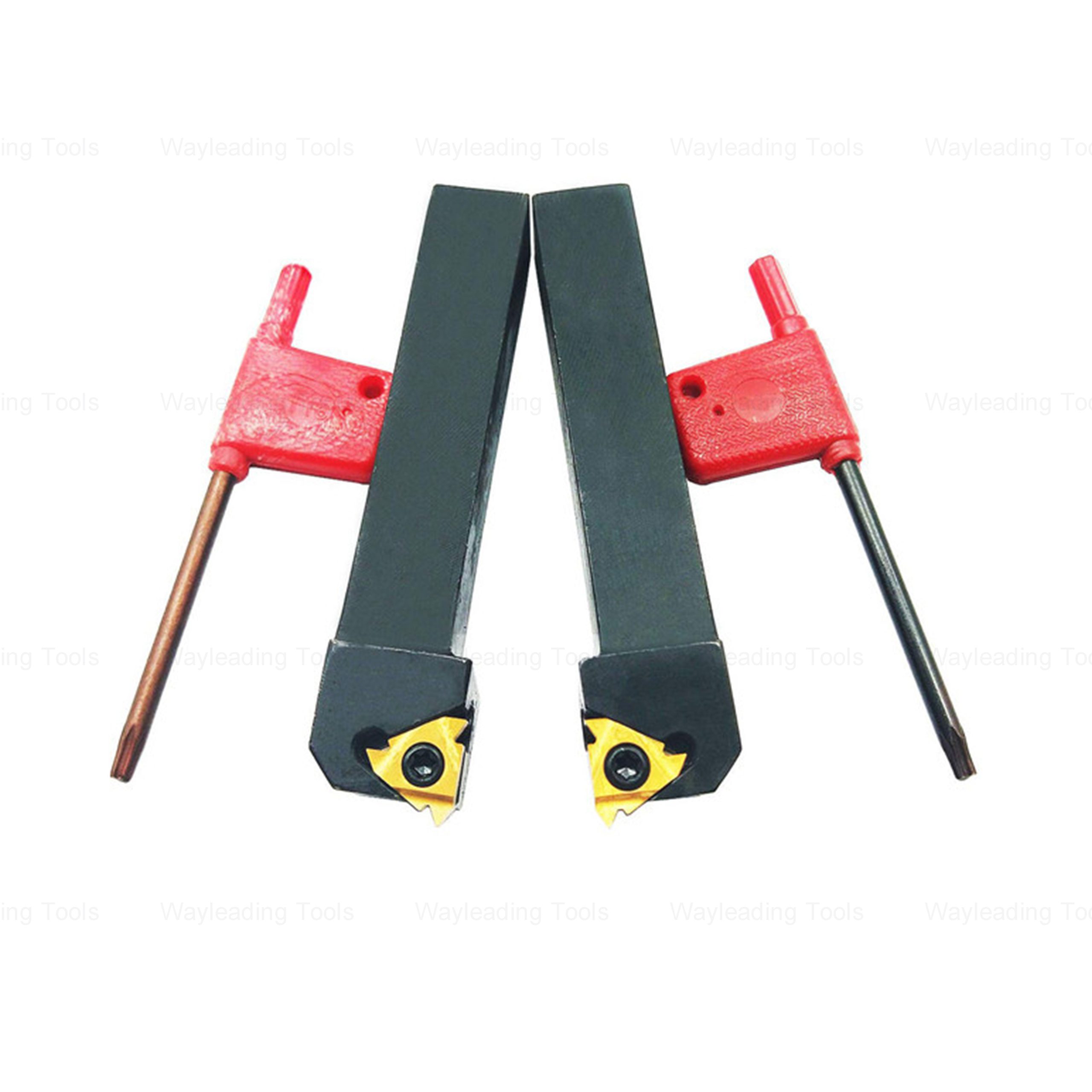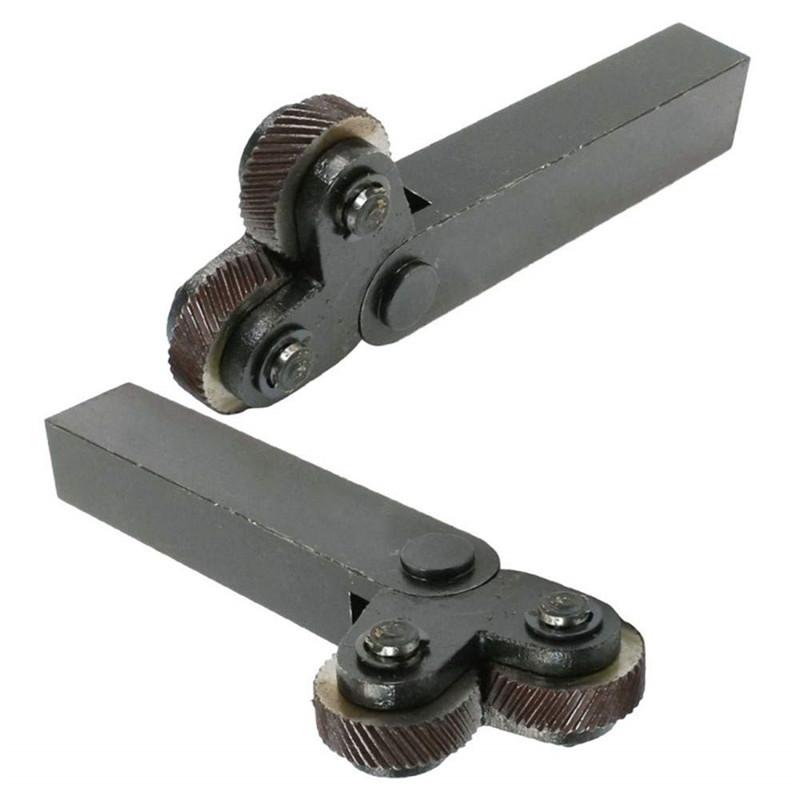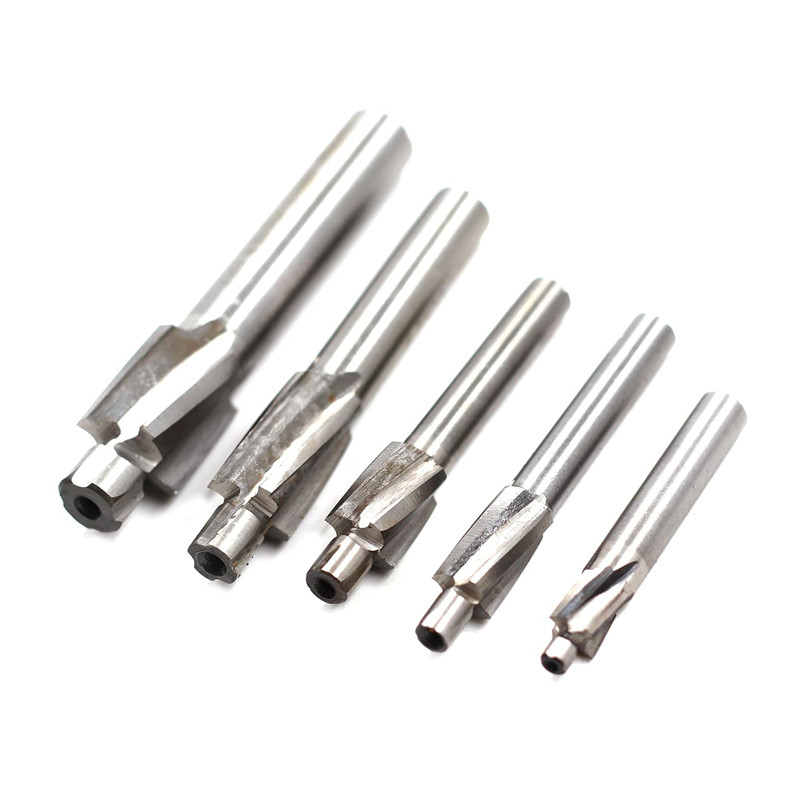Hand Reamer Factories
Hand reamer factories specialize in manufacturing precision cutting tools used to enlarge or finish existing holes to exact dimensions. These tools are essential for various industries, including metalworking, woodworking, and automotive engineering. Understanding the different types, materials, and applications of hand reamers is crucial for selecting the right tool and finding a reliable supplier.
Understanding Hand Reamers
A hand reamer is a cutting tool designed to enlarge or finish holes to precise dimensions by removing a small amount of material. Unlike power-driven reamers, hand reamers are operated manually, offering greater control and precision, particularly in delicate or intricate tasks. They are especially useful when tight tolerances are required and in situations where powered equipment is impractical.
Types of Hand Reamers
Various types of hand reamers cater to different applications. Here are some common types:
- Straight Hand Reamers: These are the most basic type, featuring straight flutes and a square end for wrench turning. They are suitable for general-purpose hole enlarging and finishing.
- Tapered Hand Reamers: Designed with a gradual taper, these reamers are used to create tapered holes for fittings, pins, or fasteners. They ensure a tight and accurate fit.
- Adjustable Hand Reamers: These reamers have adjustable blades, allowing for a range of hole sizes. They offer versatility and are ideal for applications where hole size requirements may vary.
- Expansion Hand Reamers: Similar to adjustable reamers, expansion reamers allow for slight adjustments to the cutting diameter.
- Piloted Hand Reamers: Featuring a pilot that guides the reamer through the existing hole, these reamers ensure accurate alignment and concentricity.
Materials Used in Hand Reamers
The material of a hand reamer significantly affects its performance and lifespan. Common materials include:
- High-Speed Steel (HSS): HSS reamers offer a good balance of hardness, toughness, and wear resistance, making them suitable for a wide range of materials.
- Cobalt Steel: With added cobalt, these reamers have increased heat resistance and hardness, ideal for machining tougher materials like stainless steel and cast iron.
- Carbide: Carbide reamers offer exceptional hardness and wear resistance, making them suitable for high-production environments and abrasive materials.
Key Considerations When Choosing a Hand Reamer Factory
Selecting the right hand reamer factory is crucial for ensuring the quality, reliability, and performance of your cutting tools. Here are some important factors to consider:
Manufacturing Capabilities and Quality Control
A reputable hand reamer factory should have advanced manufacturing capabilities, including CNC machining, grinding, and heat treatment. Rigorous quality control processes are essential to ensure dimensional accuracy, surface finish, and material integrity. Look for factories with certifications like ISO 9001, which demonstrate a commitment to quality management.
Material Selection and Expertise
The factory should have expertise in selecting the appropriate materials for different applications. They should be able to advise on the best material for your specific needs, considering factors like hardness, wear resistance, and cost. In Wayleading Tools, we focus on the quality of material to ensure every products meets industry standards, contributing to the customer's efficiency. (Visit Wayleading Tools to learn more)
Customization and Design Capabilities
If you require custom hand reamers with specific dimensions, tolerances, or features, choose a factory with strong design and engineering capabilities. They should be able to work with your specifications to create custom tools that meet your exact requirements.
Production Capacity and Lead Times
Consider the factory's production capacity and lead times, especially if you require large quantities of hand reamers. Ensure they can meet your deadlines without compromising on quality. Discuss their production schedule and inventory management practices.
Pricing and Payment Terms
Obtain quotes from multiple hand reamer factories and compare their pricing. Consider not only the price per unit but also the total cost of ownership, including shipping, handling, and potential tooling costs. Negotiate favorable payment terms to protect your cash flow.
Reputation and Customer References
Check the factory's reputation and customer references. Look for online reviews and testimonials to gauge their customer satisfaction and reliability. Contact previous customers to inquire about their experiences with the factory. Consider factors like responsiveness, communication, and problem-solving abilities.
Finding Reliable Hand Reamer Factories
Finding a dependable hand reamer factory involves research and due diligence. Here are some strategies to consider:
- Online Directories: Utilize online directories like Alibaba, Global Sources, and IndustryNet to find potential suppliers. Filter your search by location, product type, and industry certifications.
- Trade Shows: Attend industry trade shows to meet with potential suppliers face-to-face. Trade shows provide an opportunity to assess their products, capabilities, and customer service.
- Industry Associations: Contact industry associations for referrals to reputable hand reamer factories. Associations often have a network of trusted suppliers and can provide valuable insights.
- Referrals from Existing Suppliers: Ask your existing suppliers for referrals to hand reamer factories. They may have established relationships with reputable manufacturers.
Applications of Hand Reamers
Hand reamers find applications in a wide array of industries and tasks, including:
- Metalworking: Enlarging and finishing holes in metal parts, creating precise fits for fasteners, pins, and bearings.
- Woodworking: Creating smooth and accurate holes for dowels, screws, and other woodworking applications.
- Automotive Engineering: Reaming engine components, brake systems, and other critical parts to ensure proper fit and function.
- Aerospace: Manufacturing and repairing aircraft components where precision and accuracy are paramount.
- Musical Instrument Manufacturing: Crafting precise holes for instrument components, ensuring optimal sound quality and performance.
Hand Reamer Maintenance and Care
Proper maintenance and care are essential to extend the lifespan of your hand reamers and maintain their performance. Here are some tips:
- Cleaning: Clean your hand reamers after each use to remove chips, debris, and cutting fluids. Use a soft brush or cloth and appropriate cleaning solvents.
- Lubrication: Apply a light coat of oil or lubricant to the cutting edges and shanks to prevent rust and corrosion.
- Storage: Store your hand reamers in a dry and secure location to protect them from damage and moisture. Use individual sleeves or cases to prevent them from contacting other tools.
- Sharpening: Sharpen your hand reamers regularly to maintain their cutting efficiency. Use appropriate sharpening tools and techniques, or consult with a professional sharpening service.
Conclusion
Choosing the right hand reamer factory is a critical decision that can significantly impact the quality, reliability, and performance of your cutting tools. By carefully considering the factors outlined in this guide, you can find a reputable supplier that meets your specific needs and contributes to the success of your operations. Consider Wayleading Tools for you next hand reamer purchase.
Related products
Related products
Best selling products
Best selling products-
 Inch ER Collets With Hight Precision Milling
Inch ER Collets With Hight Precision Milling -
 HSS ISO Metric Round Die Wieh Splite Or Adjustable Splite Type
HSS ISO Metric Round Die Wieh Splite Or Adjustable Splite Type -
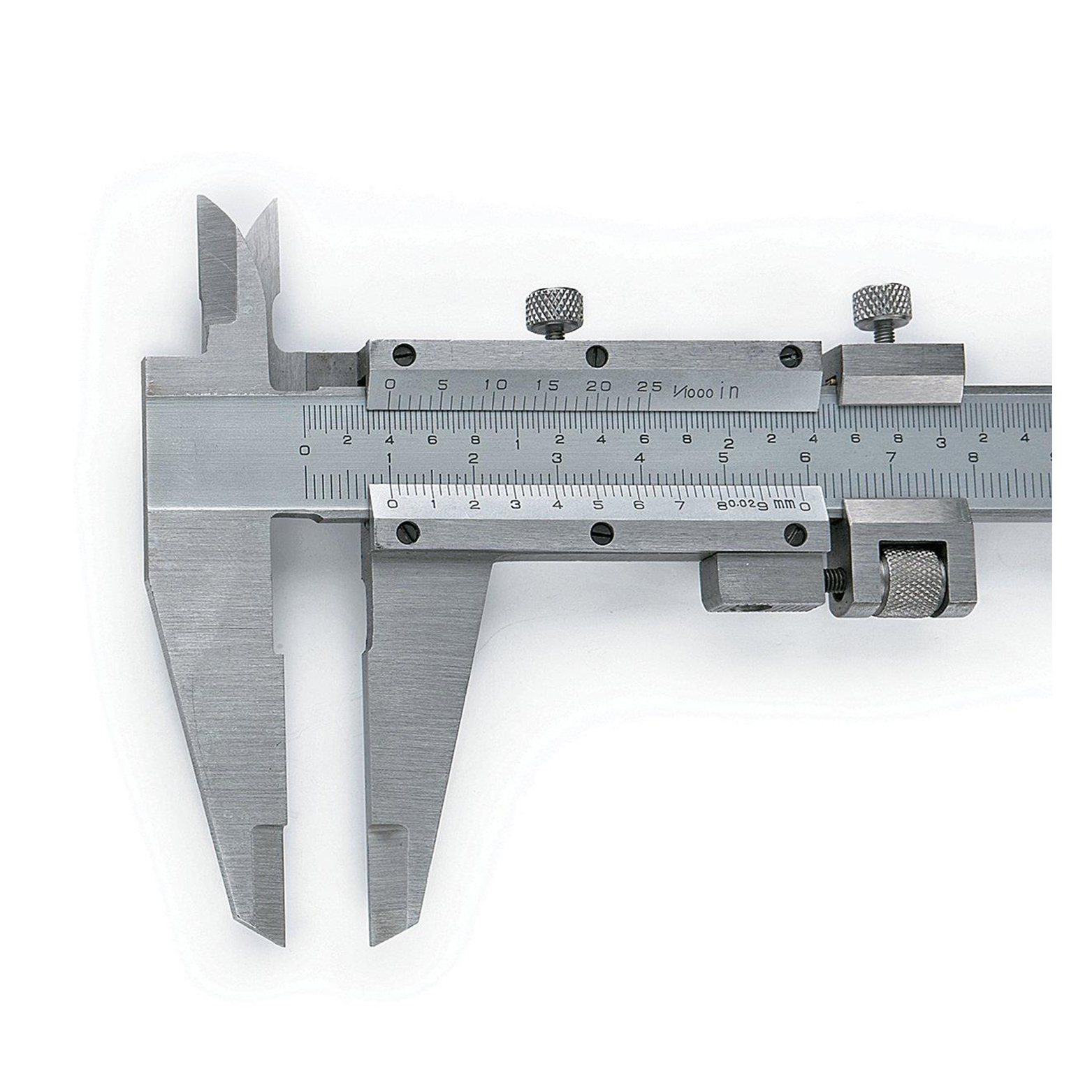 Precision Fine-Adjustment Vernier Caliper Of Metric & Imperial For Industrial
Precision Fine-Adjustment Vernier Caliper Of Metric & Imperial For Industrial -
 Precision Monoblock Fine-Adjustment Vernier Caliper Of Metric & Imperial For Industrial
Precision Monoblock Fine-Adjustment Vernier Caliper Of Metric & Imperial For Industrial -
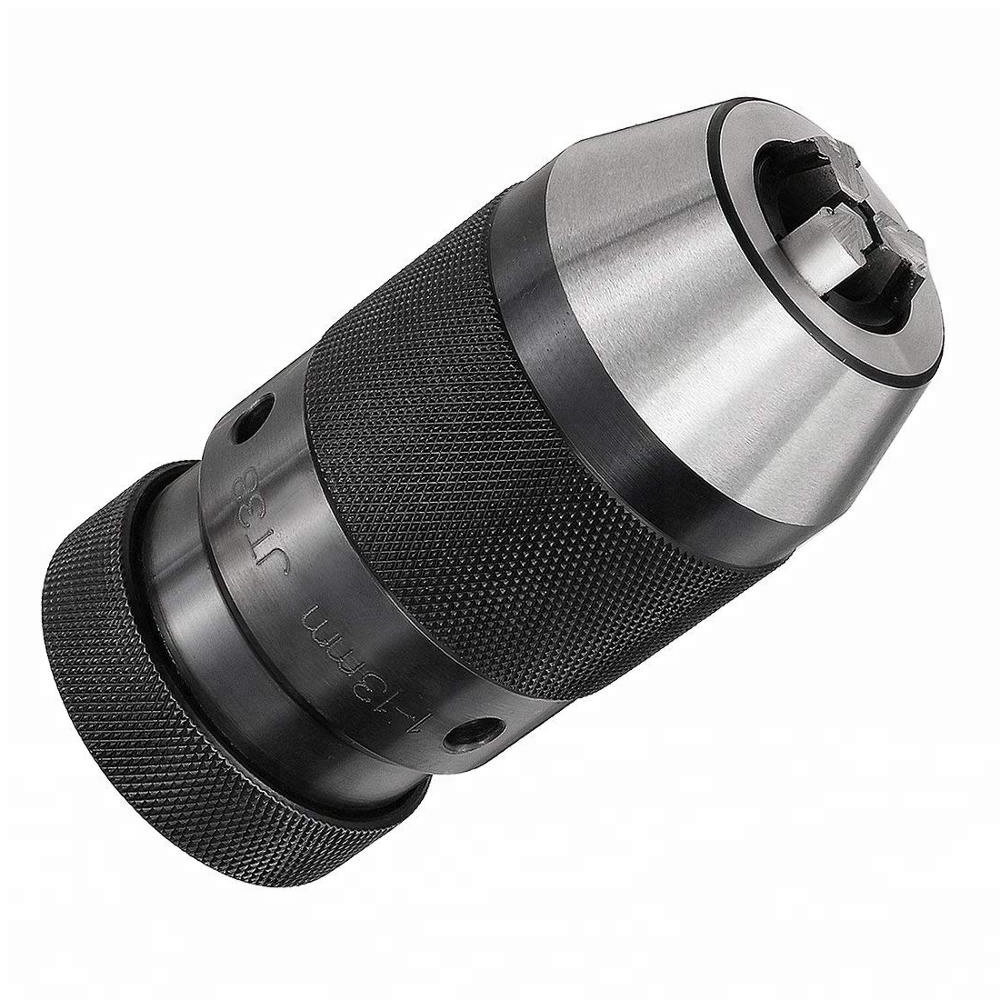 Keyless Drill Chuck With Heavy Duty Type
Keyless Drill Chuck With Heavy Duty Type -
 Electronic Digital Height Gauge From 300 to 2000mm
Electronic Digital Height Gauge From 300 to 2000mm -
 Precision Monoblock Vernier Caliper With Nib Style Jaws Of Metric & Imperial For Industrial
Precision Monoblock Vernier Caliper With Nib Style Jaws Of Metric & Imperial For Industrial -
 DIN4971-ISO1 Carbide Tipped Tool Bit With Right And Left Hand
DIN4971-ISO1 Carbide Tipped Tool Bit With Right And Left Hand -
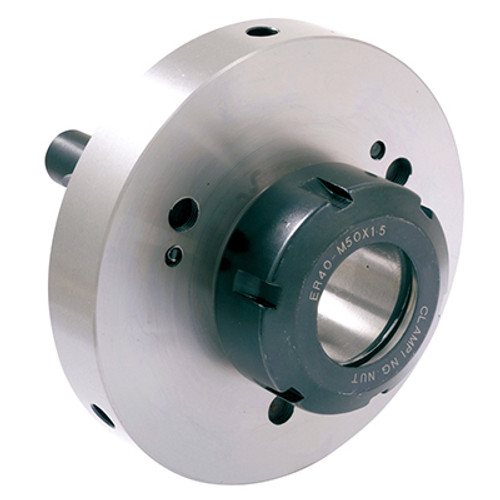 Camlock ER Collet Fixture With Lathe Collet Chuck
Camlock ER Collet Fixture With Lathe Collet Chuck -
 High Precision BT-ER Collet Chuck – CNC Tool Holder, Spring Type, ER16–ER40
High Precision BT-ER Collet Chuck – CNC Tool Holder, Spring Type, ER16–ER40 -
 Plain Back ER Collet Fixture With Lathe Collet Chuck
Plain Back ER Collet Fixture With Lathe Collet Chuck -
 ISO Metric Hexagon Die With Right Hand
ISO Metric Hexagon Die With Right Hand


